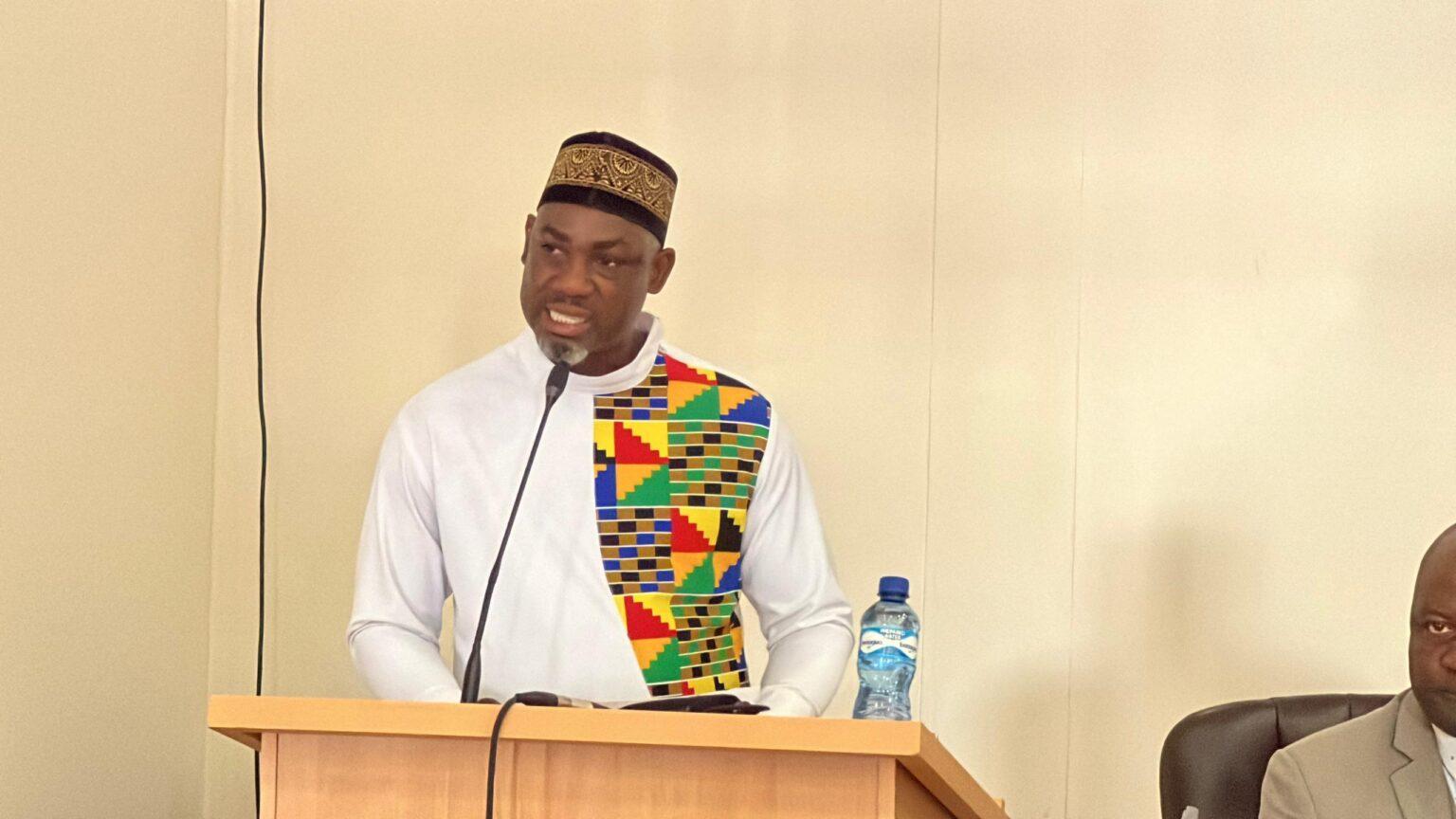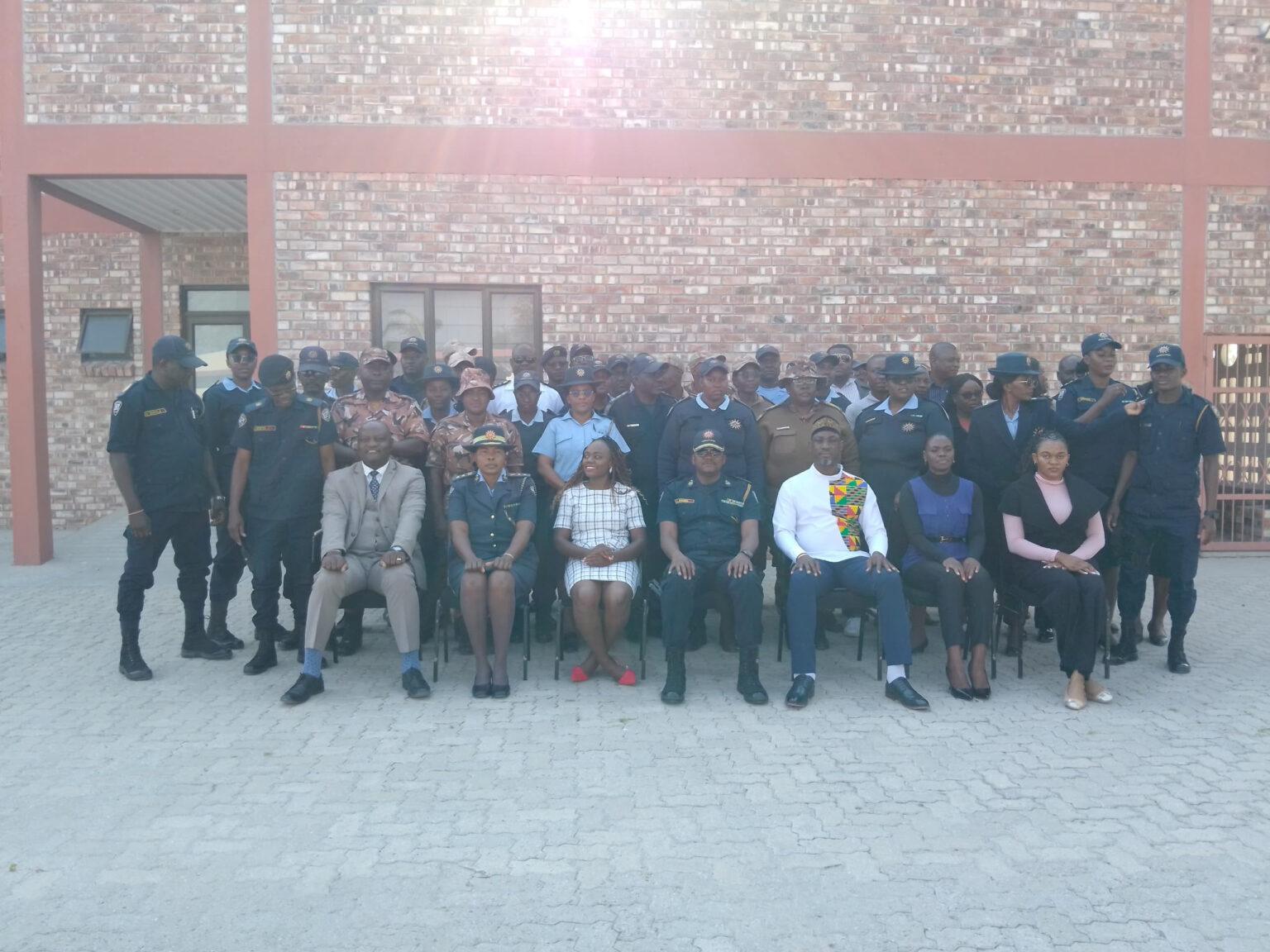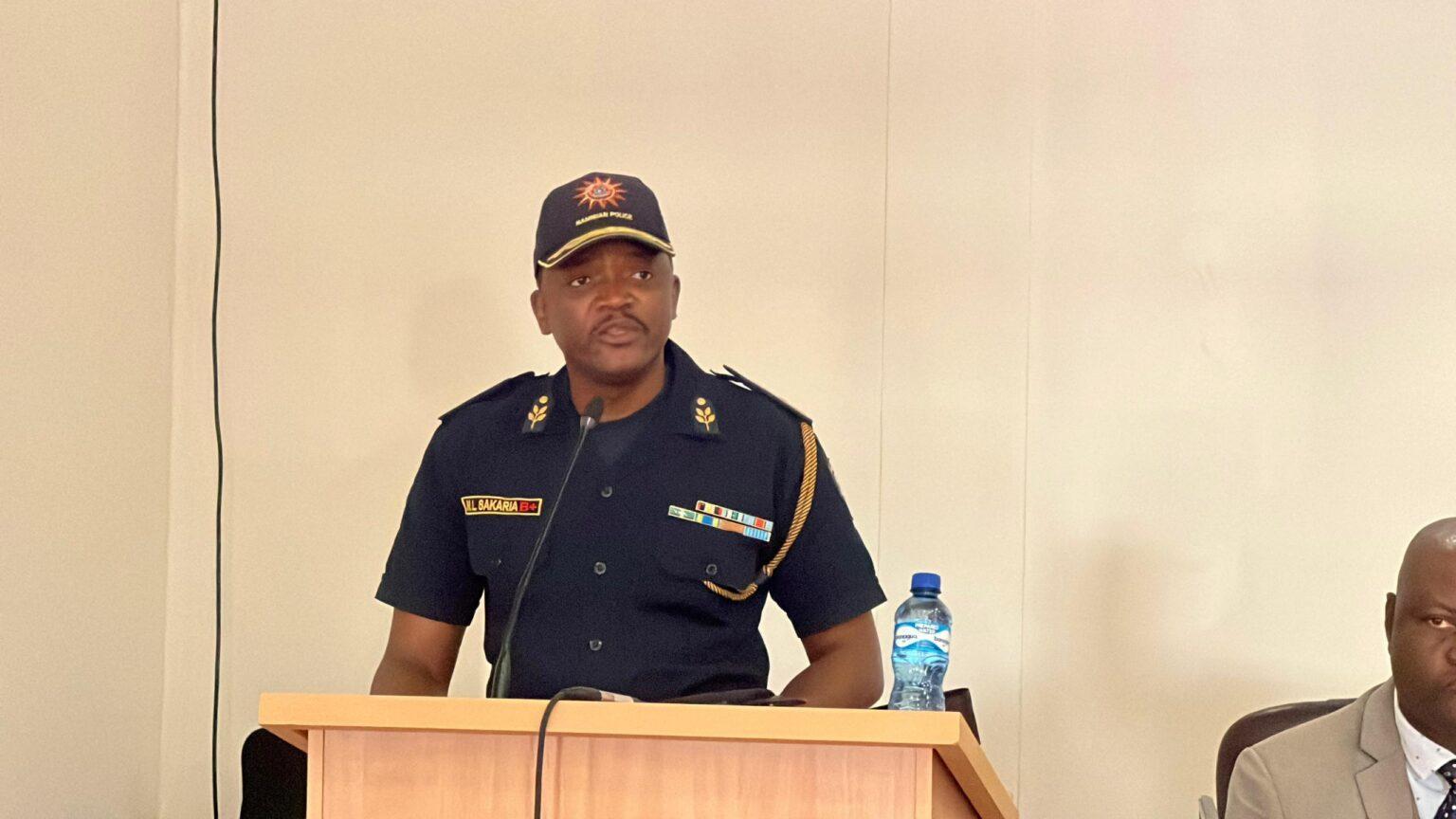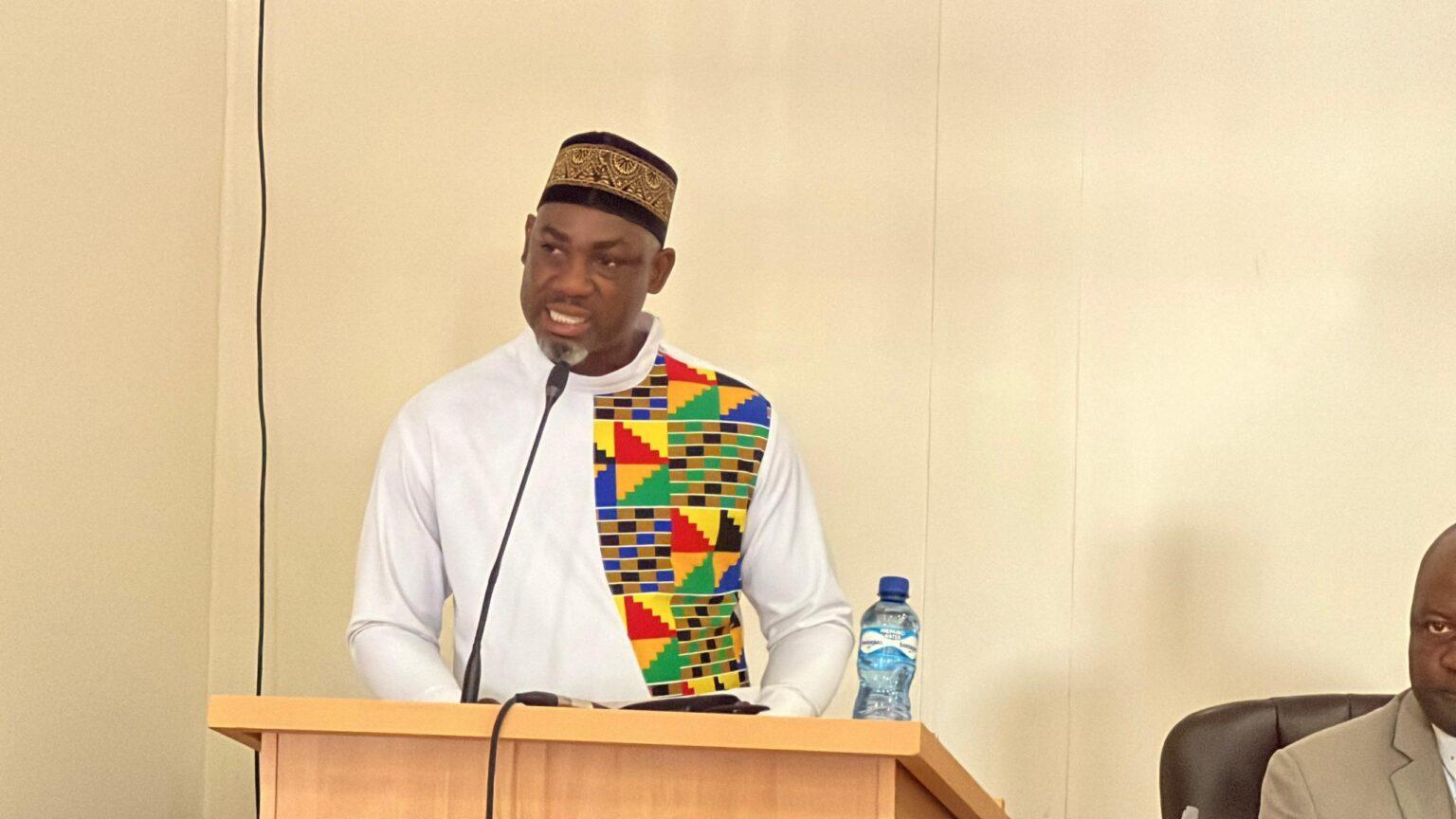Africa-Press – Namibia. FIVE police officers in Namibia’s Oshana Region have sustained injuries in the line of duty since 2022 while responding to incidents involving individuals experiencing mental health crises.
This was shared by Oshana Regional Commander Commissioner Naftal Lungameni Sakaria on Tuesday, during the launch of a three-day police training programme focused on mental health approaches.
Sakaria said a concerning rise in cases involving mentally disturbed individuals in the Oshana Region in recent years.
He explained that these encounters have, at times, led to tragic outcomes for both the individuals involved and the police officers.
He recalled an incident in Ehafo Lyakandenge village in the Uuvudhiya Constituency where police responded to a report involving a mentally disturbed individual, and the situation tragically escalated, leading to the individual’s death.
This event, he said, caused significant public and police concern.
Another case saw a member of the Special Reserve Force at Omaalaala severely injured with a panga while attempting to manage a similar incident.
“More recently, officers from Ondangwa Police Station responding to a call in Okasheshete in the Okatyali Constituency were attacked by a mentally disturbed individual wielding a panga, resulting in one officer suffering a deep arm wound and a bone fracture, and another sustaining a serious head injury,” he said.
He emphasised that these incidents represent real people and real officers who have been impacted while performing their duties, often lacking the necessary tools, training, or knowledge to safely de-escalate situations involving individuals with mental disabilities.
He stressed the critical importance of the current training, stating that officers can no longer rely solely on instinct or force. Instead, he advocated for a professional, informed, and humane approach that accounts for the complex nature of mental health.
Meanwhile, Oshana Governor Hofni Iipinge, also present at the opening, reinforced the idea that understanding mental illness is not about being lenient, but about being intelligent.
He highlighted that the ultimate goal is safety for everyone involved – the individual in crisis, the community, and the frontline police officers.
Iipinge indicated the necessity of officers being able to differentiate between rebellious behaviour and disorientation, and to utilise their authority to de-escalate situations rather than simply detaining individuals.
He affirmed the government’s commitment to support these efforts through action, including increased investment in mental health resources, the expansion of crisis intervention teams, strengthened partnerships between law enforcement and healthcare providers, and the provision of ongoing, mandatory training of this nature.
For More News And Analysis About Namibia Follow Africa-Press









